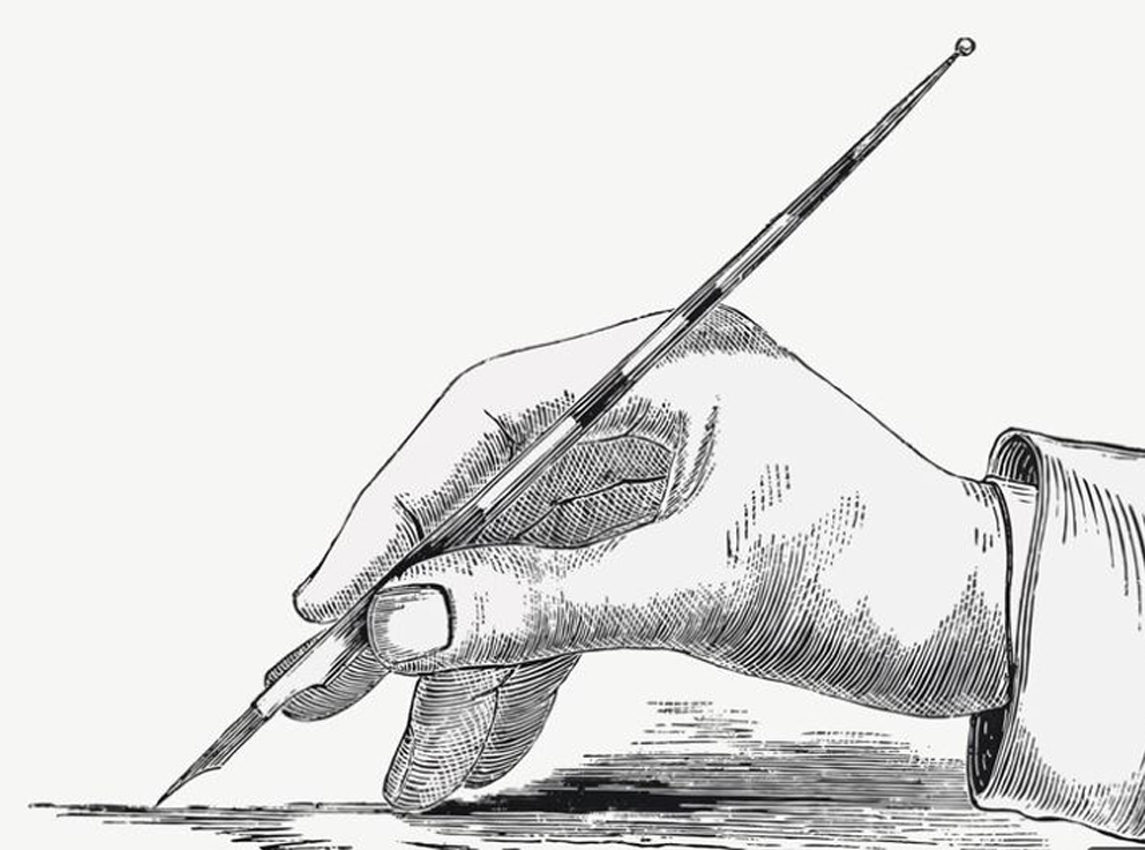Some words in the English language cause more problems than others.
These ten sets of words are at the top of the list of troublesome words, but there are plenty more. The best thing to do if you are at all unsure is to look the word up.
1. Among/Between
• Among is used with three entities
• Between is used with two entities
The lottery was divided among several winners.
Choose between waffles and pancakes.
2. Bad/Badly
• Bad is an adjective describing a noun
• Badly is an adverb
The boy was bad.
The boy was badly hurt by the fly ball.
3. Bring/Take
• Bring means an object is being carried toward you.
• Take means an object is being carried away from you.
Please bring me that book.
Please take these files to your desk.
4. Choose/Chose
• Choose is a verb meaning “select.”
• Chose is the past tense of choose, meaning “selected.”
Susan chose an ivory dress for her wedding.
You should choose the option that works best for you.
5. Fewer/Less
• Fewer refers to items that can be counted
• Less refers to uncountable amounts
Fewer people are in the middle class today.
Less sugar would make this a healthier drink.
6. Good/Well
• Good is an adjective
• Well is an adverb
She’s a good girl.
She is feeling well today after being sick for a long time.
7. Loose/Lose
• Loose is an adjective meaning “not tight.”
• Lose is a verb meaning either “to misplace” or “not to win.”
Did you lose the dog, or did he get loose from his leash?
8. Their/There/They’re
• Their is a possessive adjective meaning “belonging to them.”
• There is an adverb referring to a location of something or
someone.
• They’re is a shortened form of they are.
They’re in the waiting room to pick up their children. You can
find them there.
9. Two/To/Too
• Two is a number
• To is a preposition
• Too is an adverb
You two boys are going to the cafeteria for breaks too many
times.
10. Whose/Who’s
• Whose is a possessive pronoun.
• Who’s is a contraction of who is.
Whose hat is this?
Who’s going home now?
